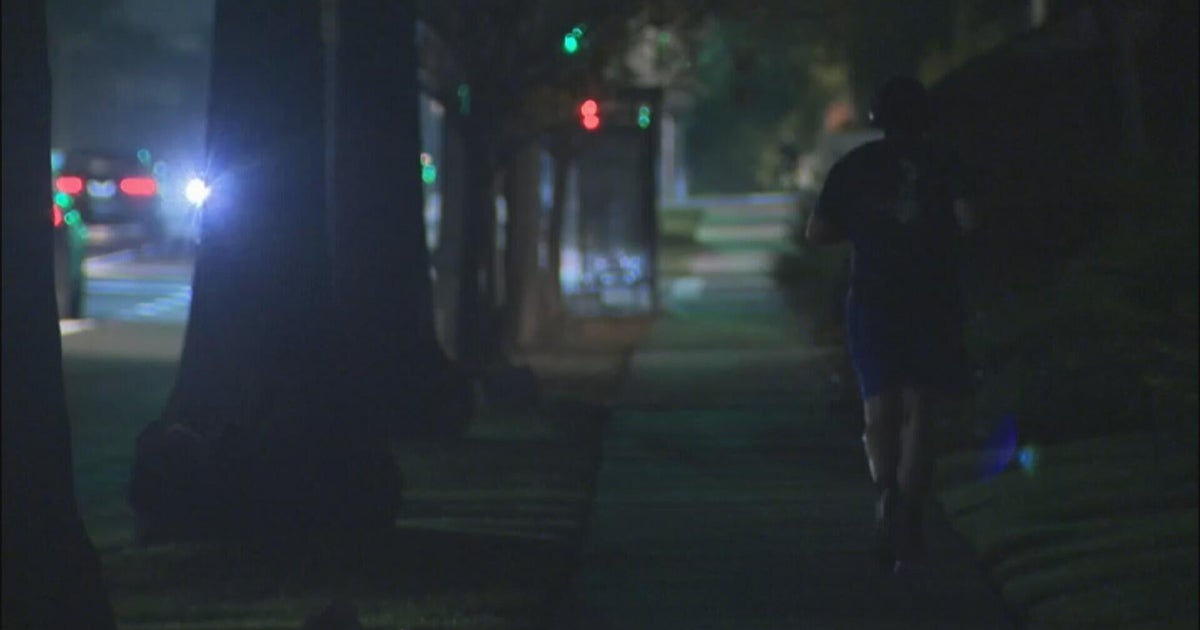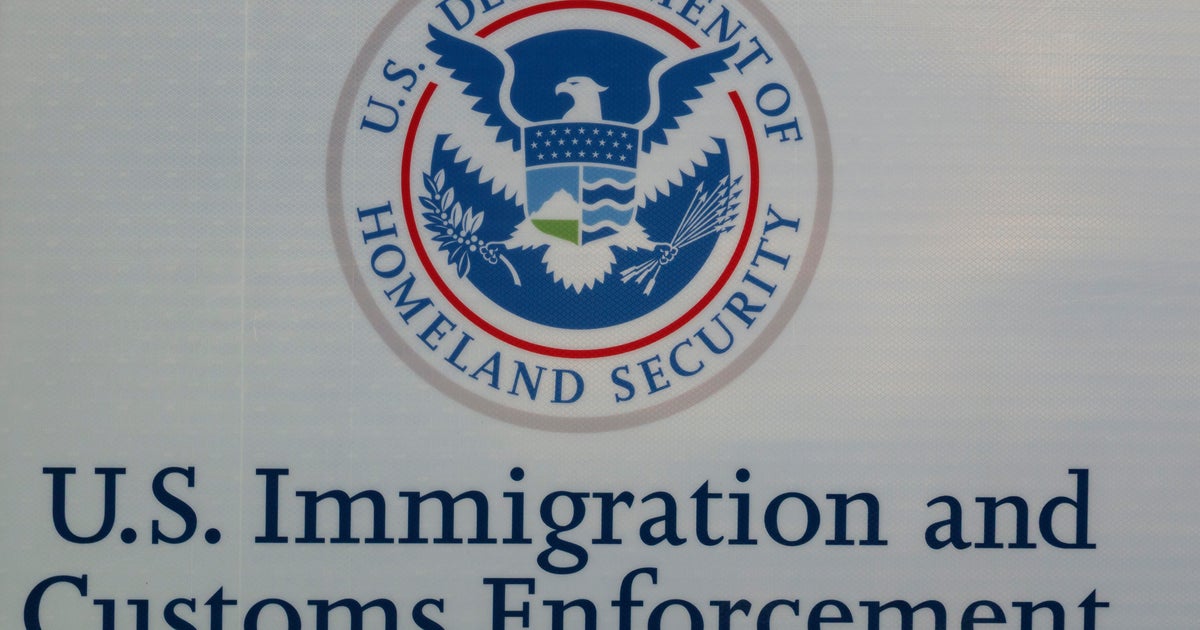Nichelle Nichols, groundbreaking 'Star Trek' actress, dies
Nichelle Nichols, known for her role as Nyota Uhura in "Star Trek: The Original Series" has died at the age of 89.
Nichols' son, Kyle Johnson, announced Nichols' death Sunday in a Facebook post.
"I regret to inform you that a great light in the firmament no longer shines for us as it has for so many years. Last night, my mother, Nichelle Nichols, succumbed to natural causes and passed away," he wrote. "Her light however, like the ancient galaxies now being seen for the first time, will remain for us and future generations to enjoy, learn from, and draw inspiration. Hers was a life well lived and as such a model for us all."
Born Grace Dell Nichols in 1932 in a Chicago suburb, she got her first break in acting with a stage role in Oscar Brown's satirical musical "Kicks and Co." in 1961, playing a voluptuous campus queen offered a chance to pose for a men's magazine modeled on Playboy, which brought her to the attention of Playboy publisher Hugh Hefner who booked her at his Chicago Playboy Club.
Other stage and screen parts followed before being cast in "Star Trek," which started airing in 1966. Nichols' role as Lieutenant Uhuru was groundbreaking as one of the first played by an African-American actress on a major network television program.
Her role in the 1966-69 series as Lt. Uhura earned Nichols a lifelong position of honor with the series' rabid fans, known as Trekkers and Trekkies. It also earned her accolades for breaking stereotypes that had limited Black women to acting roles as servants and included an interracial onscreen kiss with co-star William Shatner that was unheard of at the time.
"I shall have more to say about the trailblazing, incomparable Nichelle Nichols, who shared the bridge with us as Lt. Uhura of the USS Enterprise, and who passed today at age 89," George Takei wrote on Twitter. "For today, my heart is heavy, my eyes shining like the stars you now rest among, my dearest friend."
Takei played Sulu in the original "Star Trek" series alongside Nichols. But her impact was felt beyond her immediate co-stars, and many others in the "Star Trek" world also tweeted their condolences.
Celia Rose Gooding, who currently plays Uhura in "Star Trek: Strange New Worlds," wrote on Twitter that Nichols "made room for so many of us. She was the reminder that not only can we reach the stars, but our influence is essential to their survival. Forget shaking the table, she built it."
"Star Trek: Voyager" alum Kate Mulgrew tweeted, "Nichelle Nichols was The First. She was a trailblazer who navigated a very challenging trail with grit, grace, and a gorgeous fire we are not likely to see again."
The original "Star Trek" premiered on NBC on Sept. 8, 1966. Its multicultural, multiracial cast was creator Gene Roddenberry's message to viewers that in the far-off future — the 23rd century — human diversity would be fully accepted.
"I think many people took it into their hearts ... that what was being said on TV at that time was a reason to celebrate," Nichols said in 1992 when a "Star Trek" exhibit was on view at the Smithsonian Institution.
At one point early during the show's run, Nichols was offered a part on Broadway and gave her letter of resignation to show producer Gene Roddenberry. She would reverse her decision to leave the show after being prevailed on to stay by Dr. Martin Luther King Jr. because of how important the role was to the civil rights movement.
"When I told him I was going to miss my co-stars and I was leaving the show, he became very serious and said, 'You cannot do that,'" she told The Tulsa (Okla.) World in a 2008 interview.
"'You've changed the face of television forever, and therefore, you've changed the minds of people,'" she said the civil rights leader told her.
"That foresight Dr. King had was a lightning bolt in my life," Nichols said.
During the show's third season, Nichols' character and Shatner's Capt. James Kirk shared what was described as the first interracial kiss to be broadcast on a U.S. television series. In the episode, "Plato's Stepchildren," their characters, who always maintained a platonic relationship, were forced into the kiss by aliens who were controlling their actions.
The kiss "suggested that there was a future where these issues were not such a big deal," Eric Deggans, a television critic for National Public Radio, told The Associated Press in 2018. "The characters themselves were not freaking out because a Black woman was kissing a white man ... In this utopian-like future, we solved this issue. We're beyond it. That was a wonderful message to send."
Worried about reaction from Southern television stations, showrunners wanted to film a second take of the scene where the kiss happened off-screen. But Nichols said in her book, "Beyond Uhura: Star Trek and Other Memories," that she and Shatner deliberately flubbed lines to force the original take to be used.
Despite concerns, the episode aired without blowback. In fact, it got the most "fan mail that Paramount had ever gotten on 'Star Trek' for one episode," Nichols said in a 2010 interview with the Archive of American Television.
Nichols was known as being unafraid to stand up to Shatner on the set when others complained that he was stealing scenes and camera time. They later learned she had a strong supporter in the show's creator.
In her 1994 book, "Beyond Uhura," she said she met Roddenberry when she guest starred on his show "The Lieutenant," and the two had an affair a couple of years before "Star Trek" began. The two remained lifelong close friends.
Like other original cast members, Nichols also appeared in six big-screen spinoffs starting in 1979 with "Star Trek: The Motion Picture" and frequented "Star Trek" fan conventions. She also served for many years as a NASA recruiter, helping bring minorities and women into the astronaut corps.
Another fan of Nichols and the show was future astronaut Mae Jemison, who became the first black woman in space when she flew aboard the shuttle Endeavour in 1992.
In an AP interview before her flight, Jemison said she watched Nichols on "Star Trek" all the time, adding she loved the show. Jemison eventually got to meet Nichols.
More recently, she had a recurring role on television's "Heroes," playing the great-aunt of a young boy with mystical powers. Nichols was also an accomplished singer, touring with Lionel Hampton and the Duke Ellington Orchestra in addition to recording two albums.
Nichols was a regular at "Star Trek" conventions and events into her 80s, but her schedule became limited starting in 2018 when her son announced that she was suffering from advanced dementia.
Johnson asked for privacy while his family grieves.







